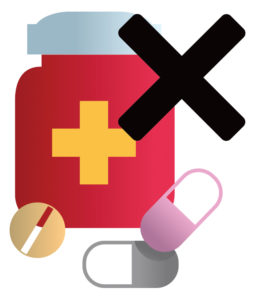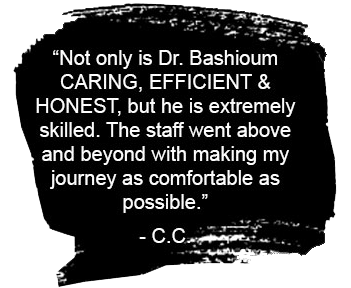Why Take a Shower Before Cosmetic Surgery?
April 23rd, 2019
Patients play a significant role in preparation for elective cosmetic surgery. Following a few simple instructions is essential in helping to make the post-operative course of recovery easier and safer. Here is another point that I include in pre-op instructions for my patients prepping for their surgery. Take A Shower. Any time you shower, the number of bacteria on the skin is reduced. Taking a shower the night before and the morning before surgery can go a long way in reducing the risk for infection. Regular soap is fine for this task.
See my Top 10 Tips for Cosmetic Surgery Recovery HERE for our patients, although it is important for patients to follow whatever instructions their chosen surgeon provides. Surgery by and large is safe. Complications are always an inherent risk. You can help in reducing post-operative risks by following these simple tips before and after your cosmetic surgery.
Surgeons Role in Fighting Opioid Crisis
November 14th, 2018
What role do surgeons play in helping to fight the opioid crisis?
First, it’s vital that all surgeons assess how they are helping patients manage pain and evaluate whether they are choosing the least addictive options possible. Cosmetic surgeons in particular can modify procedures to reduce pain after surgery, such as using long acting local anesthetics, and change the way they do surgery. By eliminating the common practice of performing multiple cosmetic procedures at the same time, it helps to minimize excess pain and at the same time, helps patients tolerate some discomfort.
In my practice, I want my patients to be educated about the risks of surgery and pain medications so they are truly given informed consent for any procedure. We go through suggestions with them for alternatives in managing their pain control following surgery. Using ice, maintaining hydration, avoiding sleep deprivation and by following an activity level prescribed by your surgeon are important. Patients who have struggled with chemical dependency should be especially careful and create a plan ahead of time with their doctor for weaning off pain medication after surgery. Lastly, safely dispose left over opioid medication as pain lessens, to help minimize the risk of addiction. Opioid addiction is a serious issue and both doctors and patients play a role in fighting this crisis.


